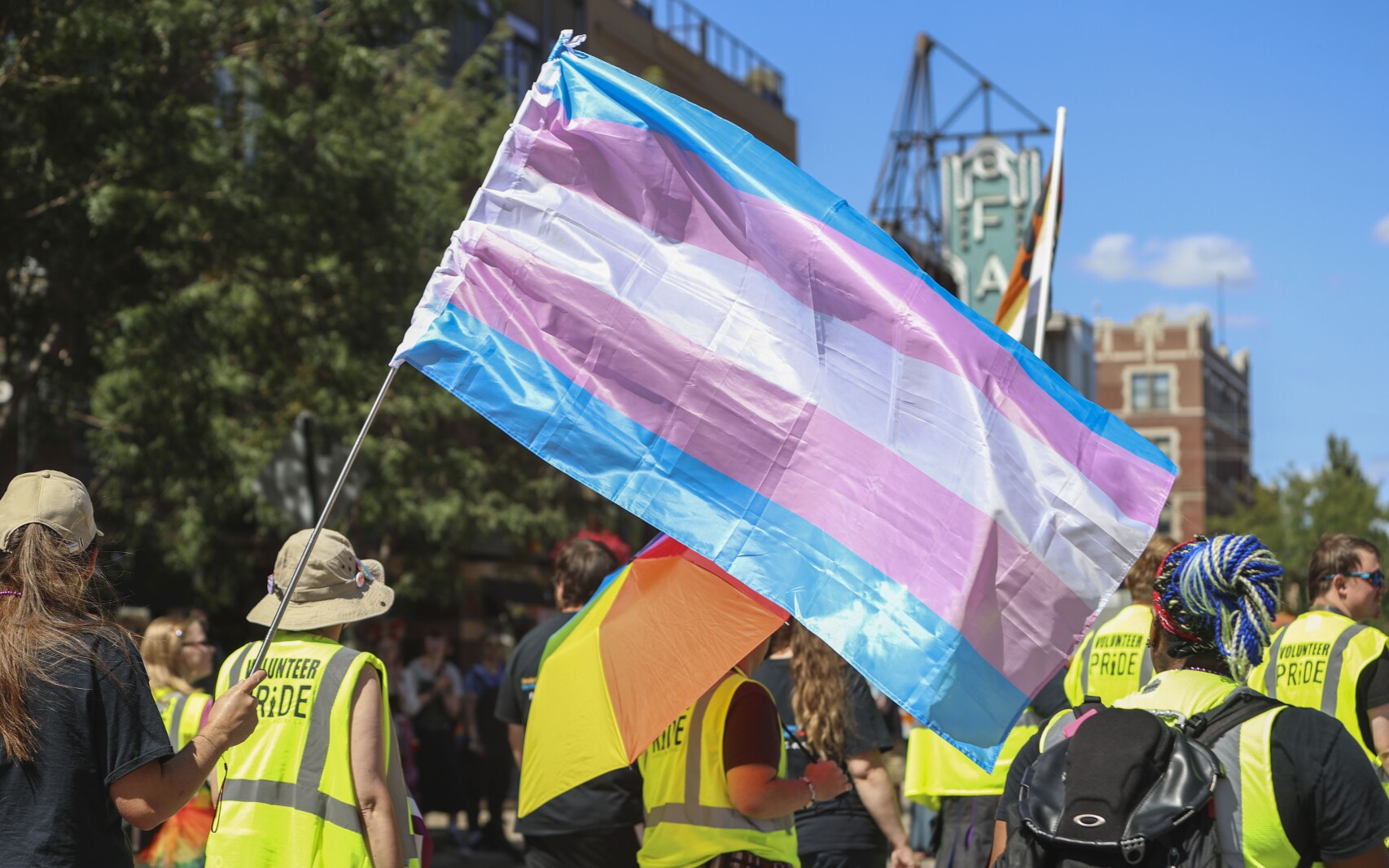
North Dakota trans health care suit covers broader issue than ban upheld by US Supreme Court, attorney says
How did your country report this? Share your view in the comments.
Diverging Reports Breakdown
North Dakota trans health care suit covers broader issue than ban upheld by US Supreme Court, attorney says
Lawsuit to overturn North Dakota’s ban on sex-reassignment surgeries is in the hands of a judge. Judge Jackson Lofgren’s ruling is expected in late summer or early fall. The U.S. Supreme Court ruled 6-3 on Wednesday that a 2023 Tennessee law banning puberty blockers and hormone therapy for transgender youth was not unconstitutional. The ruling backs North Dakota’s law, said state Rep. Keith Boehm, a Republican from Mandan who sponsored HB 1254 with Rep. Bill Tveit, R-Hazen. The final trial transcripts were filed Tuesday, June 17, meaning the plaintiffs and defense can file their closing argument briefs, an attorney says.. North Dakota Attorney General Drew Wrigley: “This ruling recognizes the important work of state legislatures in reaching reasoned judgments on complicated subjects” The Tennessee law before the Supreme Court did not address surgeries like N Dakota”s. The decision could have far-reaching consequences not just for transgender health care, but also for access to birth control.
The lawsuit to overturn North Dakota’s ban on sex-reassignment surgeries, hormone treatments and puberty blockers is in the hands of Burleigh County Judge Jackson Lofgren. His ruling is expected in late summer or early fall, said Brittany Stewart, senior staff attorney for Gender Justice.
ADVERTISEMENT
Watch the story by WDAY’s Mike McGurran
Stewart’s group represents Dr. Luis Casas and three of his patients who sought sex-affirming treatments. Their lawsuit claims House Bill 1254, signed into law by former North Dakota Gov. Doug Burgum in 2023, violates their rights under the North Dakota Constitution to personal autonomy — the right of a person to make their own choices for their body.
“All North Dakotans have a right to personal autonomy and to make their own health care decisions with their families and their physicians,” she said. “We believe that should apply to all North Dakotans, even folks who happen to be trans or have kids who happen to be trans. It’s about protecting all North Dakotans having that fundamental right to access lifesaving health care.”
The North Dakota Attorney General’s Office, which is defending the law, and Gender Justice made their arguments before Lofgren during a seven-day trial that ended in early February. The final trial transcripts were filed Tuesday, June 17, meaning the plaintiffs and defense can file their closing argument briefs, Stewart said.
RELATED STORIES
That process should take about a month, she said. Then Lofgren will have several months to write his opinion and judgment in the case.
Before Lofgren could rule in the North Dakota case, the U.S. Supreme Court ruled 6-3 on Wednesday that a 2023 Tennessee law banning puberty blockers and hormone therapy for transgender youth was not unconstitutional. The law does not violate the right to equal protections under the 14th Amendment, the justices ruled.
“Today’s U.S. Supreme Court ruling provides a constitutionally appropriate legal framework to guide states in crafting legislation with profound personal and societal impacts,” said North Dakota Attorney General Drew Wrigley in a statement to The Forum. “This ruling recognizes the important work of state legislatures in reaching reasoned judgments on complicated subjects, as North Dakota has done with regard to the important legislation we are defending in court.”
The ruling backs North Dakota’s law, said state Rep. Keith Boehm, a Republican from Mandan who sponsored HB 1254 with Rep. Bill Tveit, R-Hazen.
ADVERTISEMENT
“North Dakota and people who were behind the legislation thought this was something that was hurting children at their young age,” Boehm said. “That young age is very indecisive in children’s lives.”
The Tennessee law before the Supreme Court did not address surgeries like North Dakota’s.
Gender Justice filed the North Dakota lawsuit in state court, while the Tennessee lawsuit went to a federal court, Stewart noted. The plaintiffs argued that the North Dakota law violated the state’s constitution, which protects equal rights and personal autonomy, she said.
“The Supreme Court of the United States ruled very narrowly on what level of discretion is to be given in equal protection claims like this, but it did not have anything to do with the fundamental right to personal autonomy, which we believe to be one of the strongest claims of our plaintiffs in North Dakota,” she said.
Wednesday’s Supreme Court ruling was a “devastating decision that puts politics over science,” Gender Justice said in a statement.
“The decision could have far-reaching consequences not just for transgender health care, but also for access to birth control, in vitro fertilization (IVF), and other essential medical care,” the group said. “By opening the door to more government intrusion into deeply personal decisions, the court has further threatened our most basic rights to privacy and bodily autonomy.”
Stewart said her clients are on edge after the Supreme Court ruling, but she assured them it doesn’t end their lawsuit.
ADVERTISEMENT
“Personally, I’m cautiously optimistic that we made the best case that we can that the ban in North Dakota indeed violates North Dakotans’ rights,” she said.
